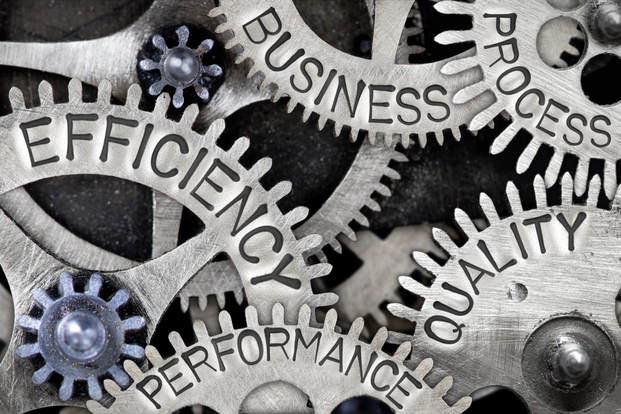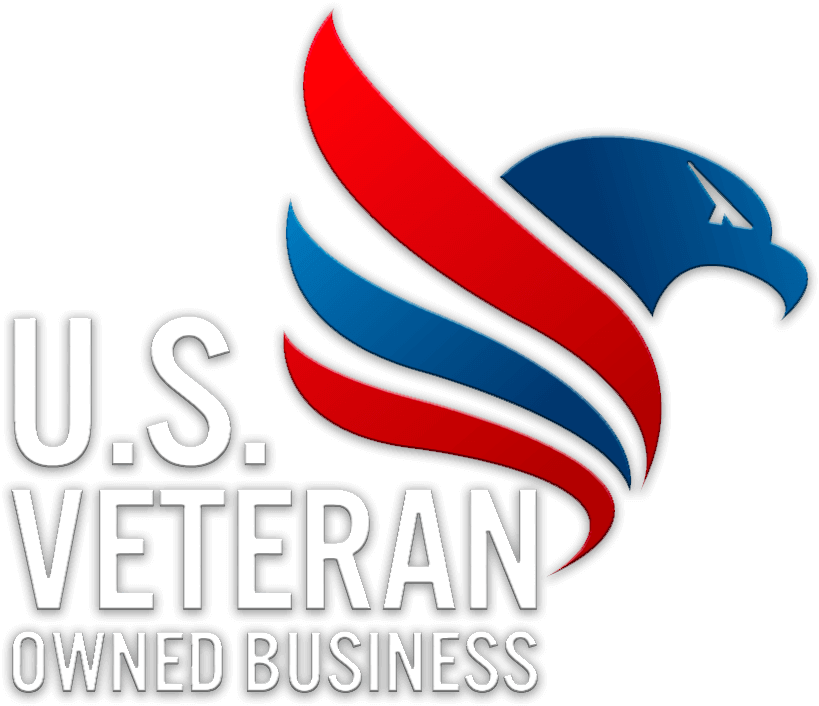As business and industries have evolved, there have been many innovations that serve to support greater efficiencies, higher quality manufacturing, and smarter collaboration, just to name a few. Perhaps one evolution that still to this day is interpreted differently by many, is the use of the term Artificial Intelligence (AI).
Simply put, AI is the automation of processes that are performed by machines. Now before you start thinking of the dreaded scenarios depicted in the latest sci-fi movies, let’s simply look at AI for what it is… our ability to allow machines to carry out what used to be considered impossible tasks by applying algorithms, or “thinking rules” to those tasks. In short, we design the machine with the logic necessary to make simple (but nowadays more complex) decisions within a finite set of parameters.

Some folks think that AI is only used in computers, but think of some of the other ways AI is used in your world today. From the different wash cycles your dishwasher goes through to clean your dinnerware, to the way your packages get shipped from your favorite store, AI is used throughout to bring us a higher quality of life by enabling tasks to be completed with less work on the part of the human.
Some may think that by default, A.I. would put people out of work, since humans are no longer needed, but nothing could be farther from the truth. Do we not need people to repair or otherwise support these complex systems that AI uses? Do we not need builders and tradespeople to design and manufacture the physical components of these systems? Do we not need visionaries to creatively apply the principles of logic and machinery to drive even more innovations in new and exciting ways?
The short answer is YES, yes we do!

As we look at the concepts of AI and its impact, we must also consider that more and more businesses and industries are relying on AI in their daily functions. Accordingly business processes need to be developed to address the natural transition the business must go through to maximize the systems that AI is a key part of.
For example, sUAVs, commonly known as Drones, are now being used to conduct construction and developer site inspections and surveys, formerly performed by humans, but in a much safer and efficient manner. The contractor or developer however must consider whether it is more practical to have this work done by an outside firm that specializes in drone flight services to provide those surveys, or whether to build out that expertise and support within their own firm, by purchasing and enabling their own drones and developing their own practice.
Regardless of the decision, there needs to be a well thought out business process to enable everyone involved to understand the process necessary to get the survey or inspection done, and just as importantly, to analyze the results and make them meaningful in order to drive optimal business decisions in order to satisfy the end client.
Some general things to consider when adopting any new practice within the business is to ask some key questions such as:
- Do I have someone capable on my team who can understand all of the aspects of this new practice?
- What type of training is required in order to bring someone in to run the practice?
- What type of policies do I need to develop surrounding potential safety and legal issues that may arise?
- What happens if I do nothing and keep things as they are? (We already know the answer to this one, don’t we?)
Asking these questions is a great start to exploring the possibilities of expanding your business by adopting the right business processes to enable your adoption of new technologies, such as AI.
From the early 1950s when AI was really first introduced to us in the realm of simple computer games such as Tic-Tac-Toe, to the magnificently complex systems such as autonomous vehicles and drones that are emerging today, one thing is for certain – Artificial Intelligence is here to stay…… and here to GROW!
I am pleased to provide you this food for thought; after all, conscious thought is what separates us from the machines.
More to come in a future blog… until then, peace.



